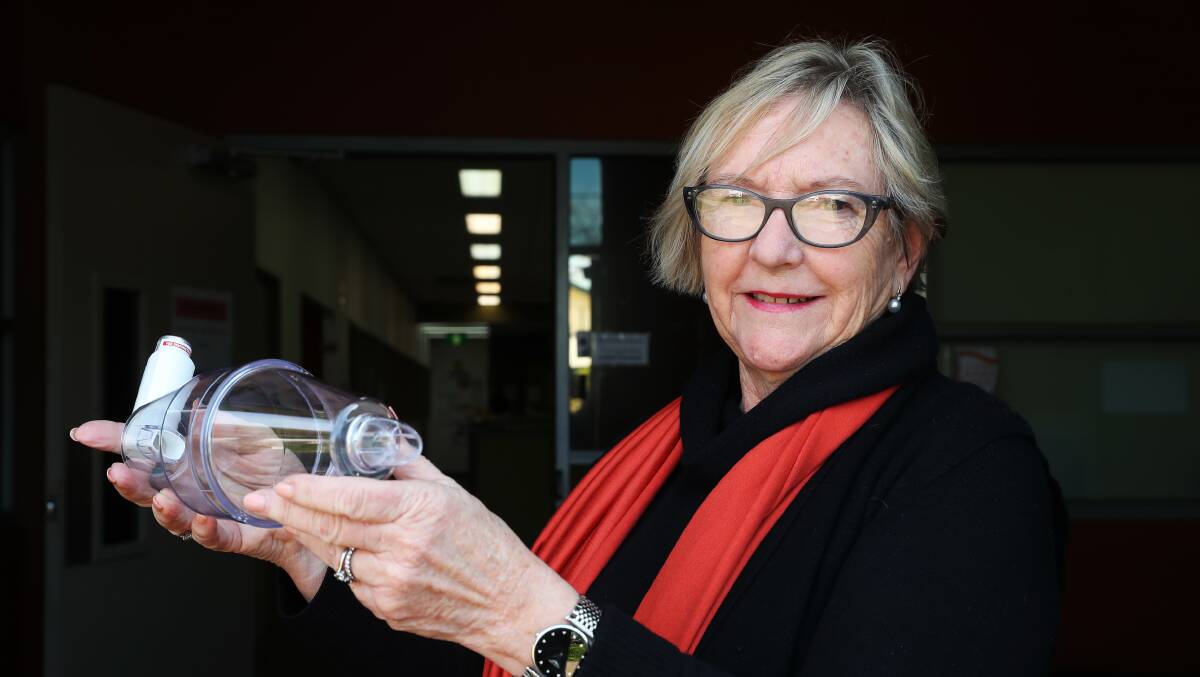
Tumut's Colin Locke spent six weeks of the past summer struggling to breathe.
Subscribe now for unlimited access.
or signup to continue reading
An asthmatic, the 72-year-old was largely housebound due to thick bushfire smoke and suffered so badly from breathlessness it was a struggle to carry groceries "up a few stairs".
The smoke made it to Wagga where the skyrocketing air pollution was briefly among the worst in the world.
Mr Locke was one of more than 12,000 people who took part in an Asthma Australia survey which was presented to a NSW parliamentary inquiry into air quality this week.
Asthma Australia chief executive Michele Goldman told the inquiry it was hard to gauge the true extent of the bushfires' impact on people's health.
"There were, I think, 33 people who were reported to have lost their lives fighting fires," Ms Goldman said.
"But the number of people who have been impacted by smoke exposure is much more significant. And it's not captured."
Ms Goldman called on the government to introduce nationally consistent and more easily understood air quality monitoring.
Mr Locke said he knew people who had developed a "persistent cough" and "shortness of breath, just with light exercise" after the fires, despite having no prior respiratory issues.
"Another friend of mine ... he suffered badly from breathlessness and a lack of energy. It's as if you're smoke poisoned," he said.
IN OTHER NEWS:
Mr Locke, who first developed an allergic form of asthma working as an RFS volunteer has unusually had to use a preventative steroid inhaler all year.
Murrumbidgee respiratory clinical nurse consultant Robyn Paton said bushfire smoke could be detrimental to a person's health whether or not they had a pre-existing respiratory condition.
"Some people will have a severe reaction to it and others will just recover in a few minutes. It depends on the intensity [of the smoke] and the individual," she said.
Ms Paton said people who knew they had a respiratory disease should maintain an up-to-date "action plan" for respiratory emergencies.
Wagga GP Trudi Beck is a member of Doctors for the Environment, which also made a submission to the parliamentary inquiry.
"My argument had been it wasn't a particularly relevant issue in the Riverina because we don't have poor air quality. I had to back-peddle on that in January," Dr Beck said.
"It's a very difficult thing to form a direct correlation between air quality and day-to-day health, but we certainly did see young people present with exacerbation of asthma ... and a more subtle decline in patients with existing respiratory conditions."

